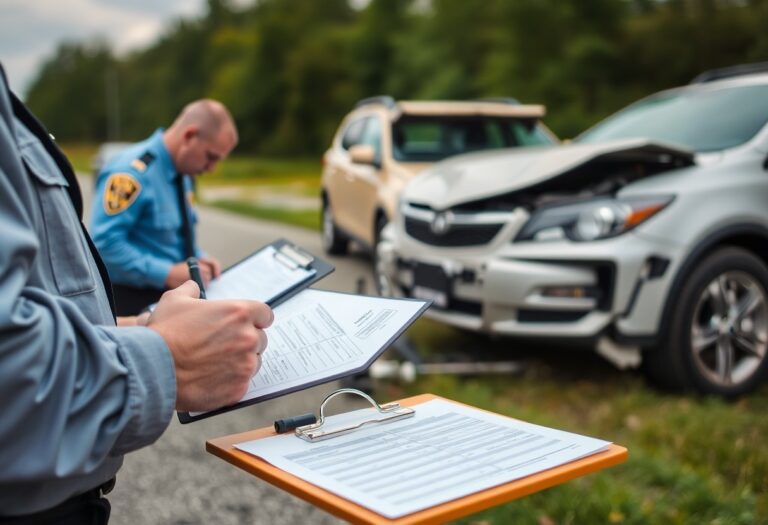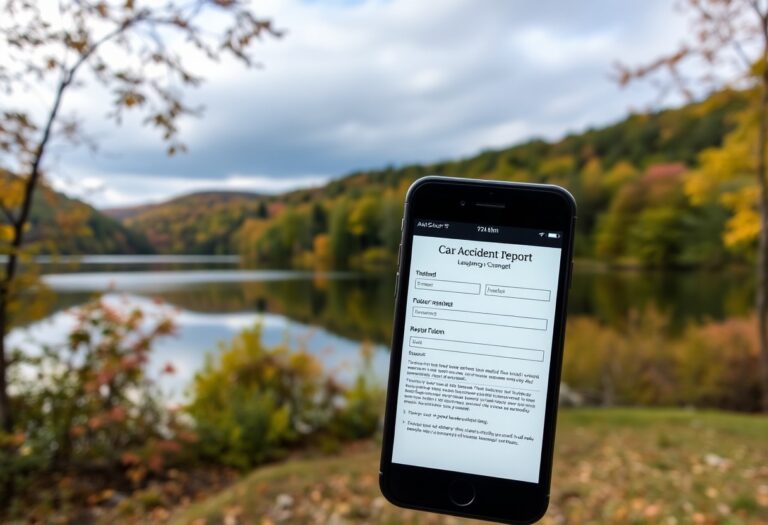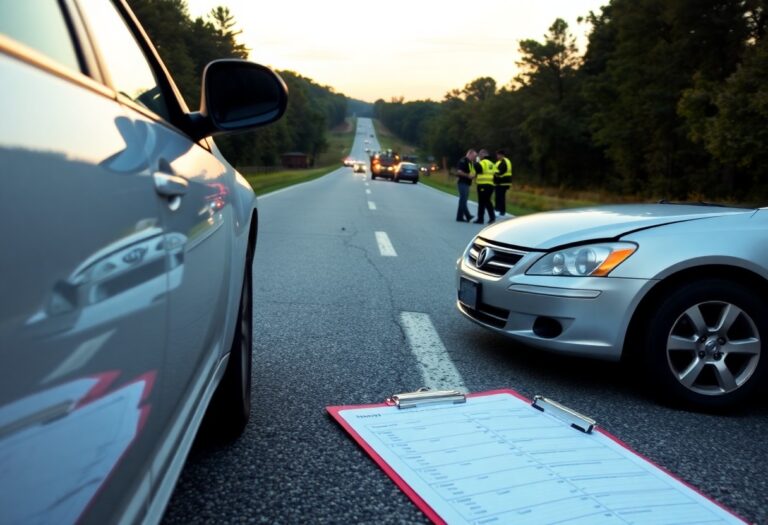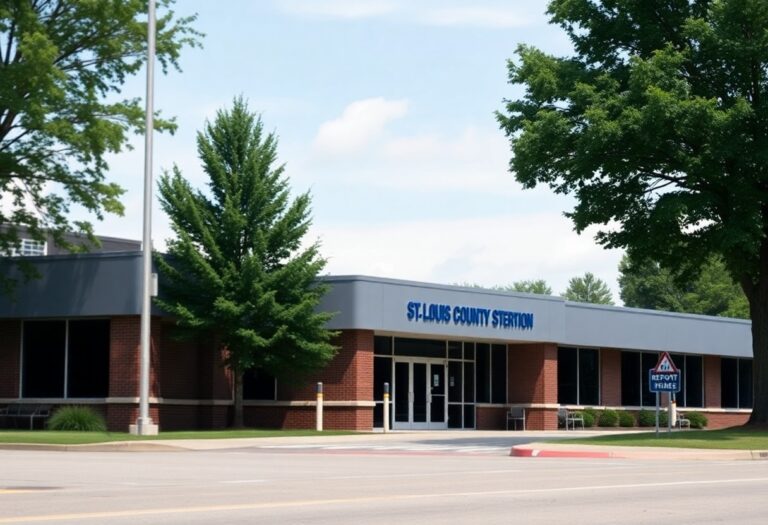It’s vital to know how to obtain car accident reports in Charlotte County, Virginia, especially if you need them for insurance claims or legal purposes. In this guide, you’ll find easy-to-follow steps to help you navigate the process smoothly. Whether you’re dealing with the aftermath of an incident or looking to understand your rights, we’ll equip you with the necessary information to make your request efficiently and effectively.
The Legal Framework Governing Accident Reports in Charlotte County
Accident reports in Charlotte County are governed by specific laws and regulations that dictate how these documents are created, maintained, and accessed. Understanding this legal framework aids you in navigating the process effectively. Various Virginia state statutes provide guidelines on the collection of information, the reporting obligations of law enforcement, and the protocols for public access to these records. Having a clear grasp of these laws can significantly impact your request for report access and its overall outcome.
Relevant Virginia Statutes and Regulations
In Virginia, the primary statute that governs accident reporting is the Virginia Code § 46.2-373, which outlines the requirements for law enforcement officers to file accident reports when certain thresholds are met, such as injury or significant property damage. Additionally, Virginia Code § 2.2-3700 mandates public access to government records, ensuring that you can obtain a copy of the accident report after it has been filed.
The Role of Law Enforcement in Report Generation
Law enforcement officers play a pivotal role in generating accident reports. They assess the accident scene, gather pertinent details from involved parties, and document observable facts. This process ensures that all information is captured accurately and impartially, providing a solid foundation for the report. Officers often utilize standardized forms to facilitate the reporting process, which helps maintain consistency across different cases.
The procedure followed by law enforcement during the report generation is structured to ensure comprehensive documentation. Officers typically arrive at the scene promptly, gathering eyewitness accounts, taking photographs, and collecting any physical evidence, like skid marks or debris. Their professional training enables them to identify the details that matter most for an official report. Once all information is compiled, a report is produced, which serves not only as an imperative legal document but also as a key element in insurance claims and further legal proceedings. If you need the report, obtaining a copy can contribute valuable insights into the circumstances surrounding your accident.
Where to Obtain Car Accident Reports in Charlotte County
Obtaining car accident reports in Charlotte County is straightforward, with several resources available to help you navigate the process efficiently. Your primary sources will be the local police departments involved in the incident and online platforms offering easy access to reports. Knowing whom to contact and where to look will expedite your request.
Local Police Departments: Procedures and Contact Information
To request a car accident report from Charlotte County, start by contacting the local police departments that responded to the crash. Most departments have a specific process for handling report requests. You can reach the Charlotte County Sheriff’s Office at (434) 542-5141, where you can inquire about the report process, fees, and necessary identification required for your request.
Accessing Reports Online: Steps to Follow
Many reports can be accessed online, making retrieval convenient. Begin by visiting the official Charlotte County website or the Virginia Department of Motor Vehicles (DMV) website. Here, you’ll find links to accident reports. Follow the prompts to enter your details, including the date of the accident and the involved parties, to locate the specific report you need. You’ll also likely need to provide a form of identification and pay any associated fees online.
Once on the relevant website, locate the ‘Reports’ or ‘Accident Reports’ section. Here, you may encounter a search function that allows you to enter your information. You’ll typically input details like the accident date, report number (if known), and your name. After submitting your request, be prepared to verify your identity through a government-issued ID if prompted. Once your identity is confirmed, you can view, download, or print the report directly from the site, streamlining the process significantly.
Understanding the Costs and Processing Times
Obtaining a car accident report in Charlotte County involves not just the effort of request submission but also an understanding of the costs and the processing times associated with the request. Fees can vary based on the method of obtaining the report, and processing times can differ significantly based on the volume of requests or specific department workflows. Being aware of these factors can help you plan accordingly and avoid unnecessary delays.
Fees Associated with Requesting Reports
When requesting a car accident report, you might encounter a nominal fee that can range around $10 to $20, depending on the agency processing the request. Additional charges could apply for certified copies or expedited services. Always check the specific charges on the agency’s website or inquire directly for the most accurate information.
Typical Timeframes for Report Processing
The time it takes to process a car accident report request in Charlotte County typically ranges from 5 to 10 business days. However, during peak periods, this timeframe might extend. Factors such as the complexity of the incident, the volume of requests received, and the availability of personnel can all influence how quickly you receive your report.
If your report request involves additional investigation or clarification, expect possible delays. You’ll find that many requests can be processed more efficiently if they are straightforward; however, complex cases may take longer. It’s advisable to check in with the agency if you have not received your report within the expected timeframe, as they can provide you with updates on your request status or highlight any outstanding issues that might be causing a delay.
Common Pitfalls and How to Avoid Them
Unintentional errors can lead to significant delays or outright denials of your car accident report requests. Often, inadequate documentation or incomplete details in your request can create roadblocks. Double-check your submission for accuracy and completeness to ensure a smooth process. Providing the wrong dates, missing signatures, or omitting necessary information about the accident will increase your chances of encountering issues.
Frequent Mistakes When Submitting Requests
One of the most common mistakes made during the request process involves submitting the wrong forms or the incorrect versions of those forms. Another frequent issue arises from neglecting to include any previous case or report numbers, which can help expedite the process. Make sure you are familiar with the specific forms required by Charlotte County and review your submission thoroughly before sending it in.
Navigating Issues with Denied or Delayed Reports
Facing delays or denials can be frustrating, but there are steps you can take to resolve these issues. Start by contacting the department that handles your report to inquire about the specific reasons for the delay or denial. It may simply be a case of needing additional information or rectifying a minor error. Keeping thorough records of your communication and any supporting documents will help you effectively address the situation.
If you receive a denial notice, it should explain the reasons clearly. Addressing those specific concerns often leads to quicker resolution. For delays, don’t hesitate to follow up regularly but remain respectful in your communications. In some cases, escalation to a supervisor may provide new insights or solutions. Make sure to be persistent but professional, as clear communication often helps in expediting the process.
Additional Resources for Drivers Involved in Accidents
If you find yourself involved in a car accident in Charlotte County, various resources are available to assist you throughout the aftermath. Local law enforcement, insurance companies, and community organizations provide vital support to help you navigate the complexities of accident reporting, medical care, and legal matters. Accessing these resources can ensure you stay informed and protected during this challenging time.
Legal Aid and Support Services in Charlotte County
Should you require legal guidance post-accident, Charlotte County offers several legal aid services to assist you. Many local organizations provide affordable or free legal consultations, helping you understand your rights and options. Local attorneys can also advise you on the best course of action regarding property damage claims, personal injury, and potential litigation.
Insurance Companies and Their Role in Report Access
Insurance companies play a significant role in accessing accident reports in Charlotte County. Once you file a claim, your insurer typically requests the report from law enforcement to better assess your case and expedite claims processing. Understanding how to communicate effectively with your insurance provider will facilitate access to crucial information and help ensure your claim is resolved in a timely manner.
Access to accident reports through your insurance company often requires you to provide necessary details like the date, location, and involved parties’ names. Many insurers have dedicated claims representatives who can assist you in securing your report. Furthermore, some companies allow you to track the status of your report online, ensuring transparency and efficiency throughout the claim process. Make sure to keep communication lines open, as any delays in report acquisition can hinder your claim resolution and overall recovery process.
Conclusion
Taking this into account, obtaining a car accident report in Charlotte County, Virginia, is a manageable process when you follow the outlined steps. By knowing where to request your report and what information you’ll need, you can efficiently access the documentation necessary for your records or any subsequent legal needs. Whether you prefer in-person requests, online submissions, or mail, you have the tools at your disposal to navigate this process smoothly and effectively.













